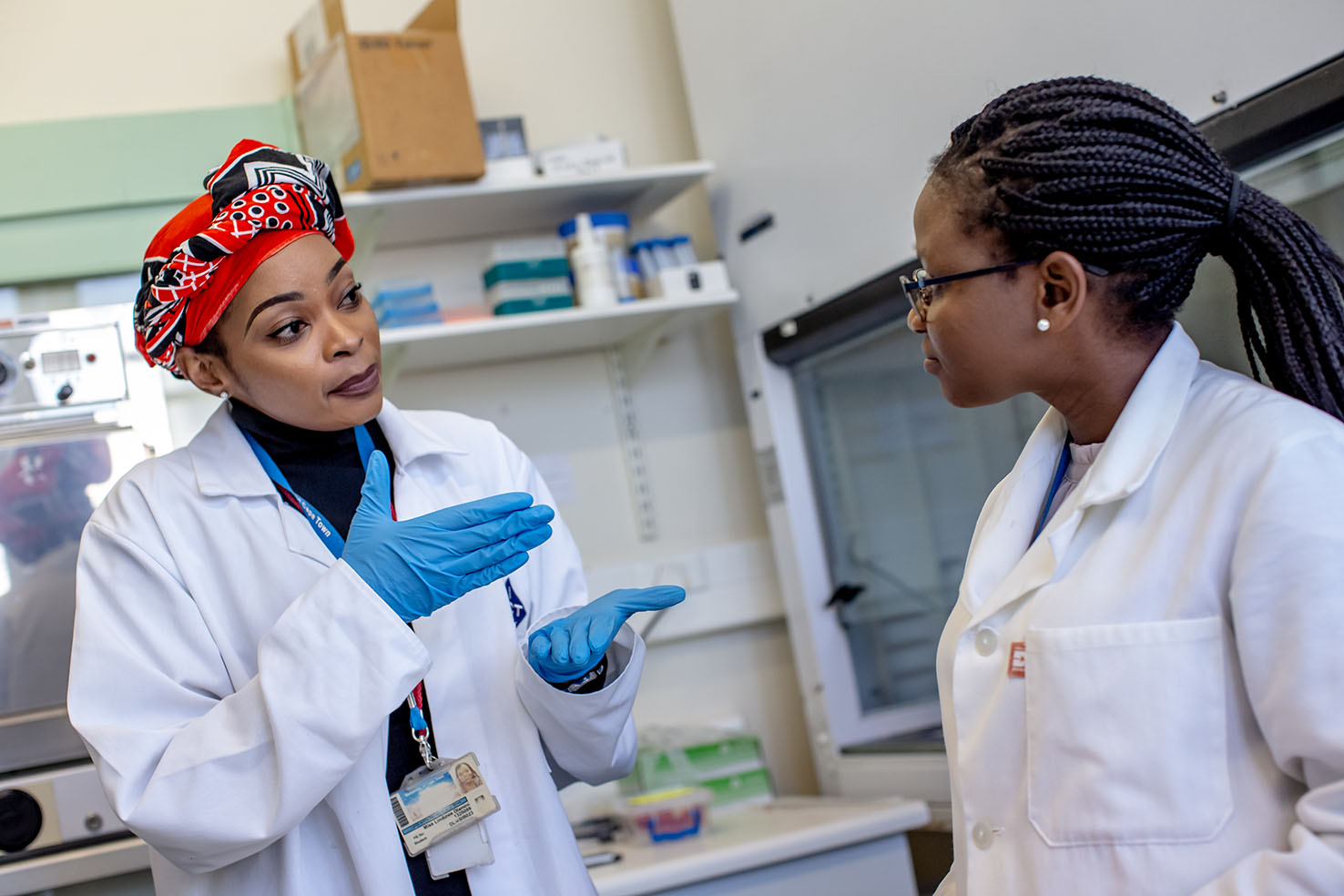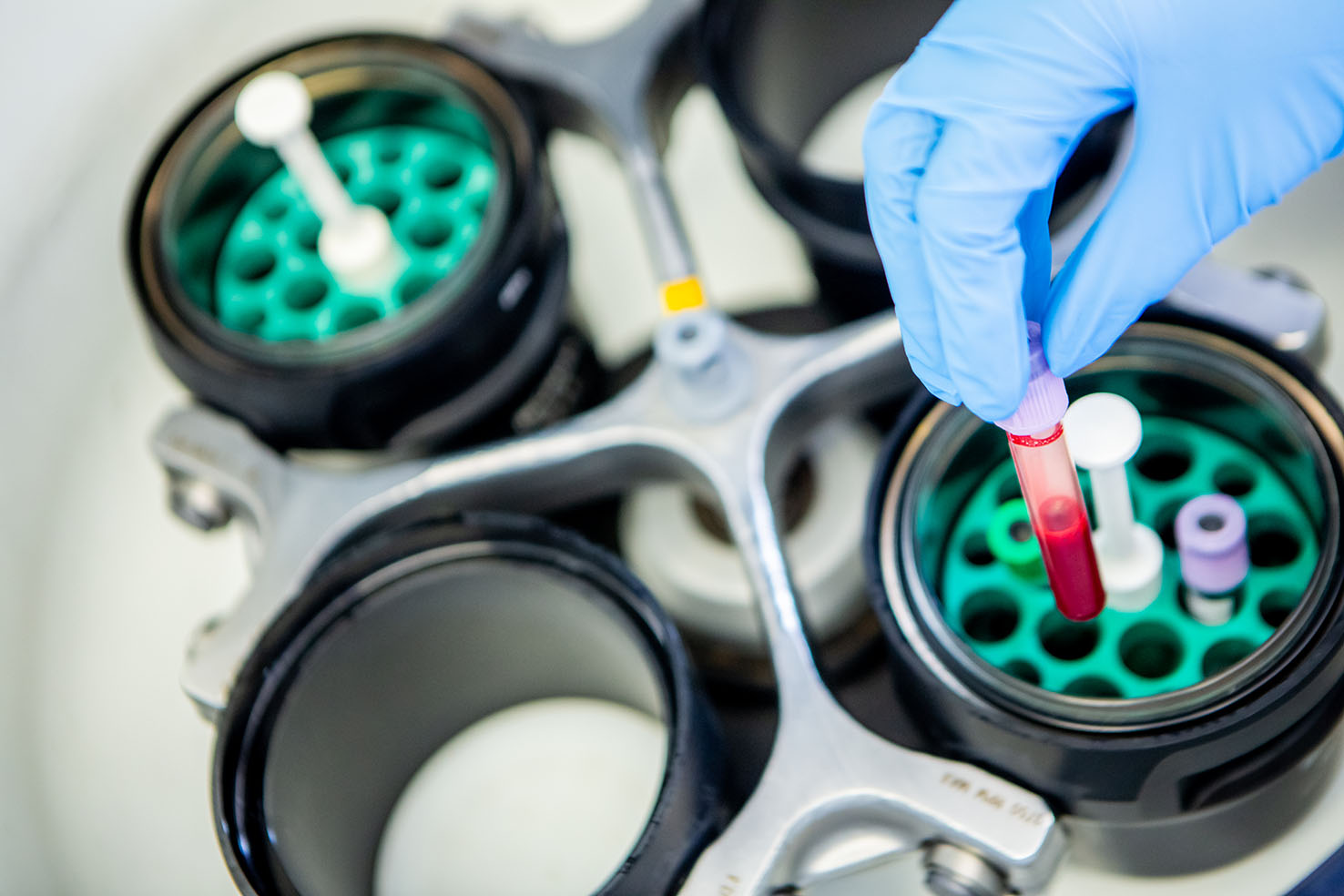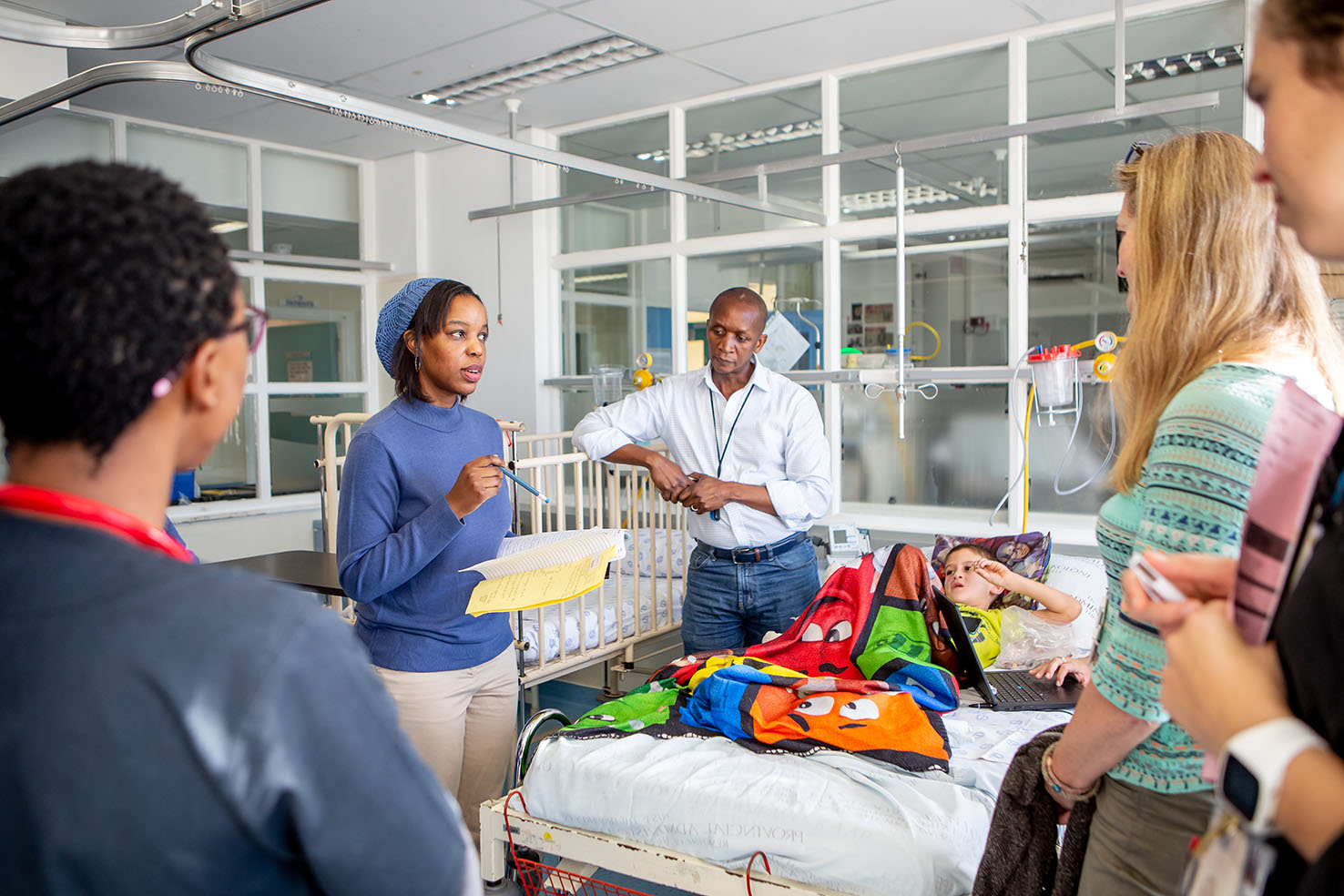


-
Training site accreditation for the Division of Neurology
The Division of Neurology recently received recognition and accreditation as an international training site for clinical Neurology from the World Federation of Neurology.
-
Neuropsychology registered as a professional category by the HPCSA
Prof. Mark Solms facilitated the establishment of Neuropsychology as a professional category by the Health Professions Council of South Africa. In 2019 the Professional Board for Psychology announced it will be opening a register for Neuropsychologists in South Africa.
-
What is a mind? Massive open online course (MOOC)
Prof. Mark Solms’ (Department of Psychology) free online course, “What is a mind?” brings together learners and practitioners interested in how the mind works and aims to connect traditionally antagonistic approaches to understanding the mind using a multidisciplinary approach. Prof. Solms’ MOOC was voted to Class Central’s Top 50 MOOCs of All Time in 2018.
-
Developing an international framework for researching longitudinal impacts of child trauma
Prof. Kirsten Donald (Division of Paediatric Neurodevelopment) was awarded a Global Challenges Research Fund Networking Grant by the Academy of Medical Sciences for “Developing an international framework for researching longitudinal impacts of child trauma”. The overall aim is to establish a network of cohorts and researchers focussed on understanding the sequelae of child trauma. More specifically, to: Identify existing cohort studies that capture childhood trauma and subsequent outcomes; to generate metadata for these cohorts, documenting key relevant measures; and to explore the potential for alignment of both existing measures and future data collection. To develop research capacity in this area by sharing expertise and good practice in conducting relevant cohort studies in varied contexts and using mixed approaches.
-
Short course programs
The global calamity of COVID-19 disruption has forced the academic community, deprived of travel, to find new ways of engaging, and online seminars, symposia and short courses are proliferating. We plan to explore a short course in neuroscience through IARU- the International Association of Research Universities.
-
IBRO African Centres for Advanced Training in Neuroscience
The International Brain Research Organisation (IBRO) African Centres for Advanced Training in Neuroscience was established in partnership with the IBRO African Regional Committee (IBRO-ARC), Mohammed V University of Rabat (Morocco) and UCT. Explicitly focusing on excellence in training, teaching and research, UCT participates through hosting advanced schools for neuroscientists from across the continent each year.
-
IBRO-UCT African Advanced School on Techniques in Neuroscience 2017
The IBRO-UCT African Advanced School on Techniques in Neuroscience offered training to twenty-five students from seven African countries in advanced techniques to study the nervous system. The clinical paediatric neurology component of the school built a foundation of information relating to terminology, clinical presentations and co-morbidities of epilepsy, providing a deeper understanding of the pathogenesis of epilepsy and the role of neurosurgery in paediatric neurology. Students gained practical experience by attending clinics and ward-rounds. The basic neuroscience component included lectures on the principles of neurophysiology, the basis of membrane potential, action potentials, intrinsic properties of neurons, neurotransmission and EEG. Students had hands-on experience in practical sessions involving: recording action potentials with bio amplifiers whole cell patch clamp experiments, clamping single neurons and making intracellular recordings during epileptiform activity recording field potentials during in vitro seizures in cultured tissue slices housed in interface chambers calcium imaging in cultured tissue slices while inducing in vitro seizures confocal imaging of brain sections prepared by the students.
-
isiCNI - IBRO-SIMONS Computational Neuroscience Imbizo 2017 - ongoing annually
Computational neuroscience is a rapidly expanding subject focussed on understanding and modelling the brain, while helping to design and interpret future experiments. This school aims to promote computational neuroscience in Africa by bringing together international and local students under the tutelage of world-leading experts in the field. The format of the school is a combination of intensive lectures on advanced topics in computational and theoretical neuroscience as well as practical exercises in simulation and data analysis. In addition, students perform a mini-research project under the supervision of one of the school tutors, to be presented at the end of the school.
-
IBRO-UCT African Advanced School on Neuroimmunology and the Gut-Brain Axis 2018
This advanced School on neuroimmunology focussed on neuroinflammation and the gut-brain-microbiota axis, both rapidly expanding areas of research shown to be important in brain function and behaviour. The goal of this school is to enable African scientists and accelerate their efforts towards finding effective solutions to neuroscience-related challenges that affect African society and the global community. The main objectives of the IBRO Advanced School on Neuroimmunology and the Gut-Brain Axis were to: Further understand of the role of gut microbiota in cognitive function and behavior Critically discuss how the immune system interfaces with the gut-brain axis by examining pre-clinical and clinical evidence that show microbiota-related effects on CNS function, Provide students with a deeper understanding of the translational relevance of a dysfunctional gut-brain axis in the context of neuroinflammation for the treatment of mental health disorders, Train students to use a range of experimental paradigms to study gut-brain interactions in humans and rodents. These will include molecular tools, electrophysiology, immunophenotyping, brain imaging, bacterial community profiling and behavioural tests.
-
ILAE-IBRO-UCT workshop on the Intersectoral Global Action Plan for Epilepsy and other Neurological Disorders from basic science to translation into clinical practice 2023
The aim of the school was to upskill and inspire a group of early career neuroscientists and clinicians from Africa in the translational elements of basic science study for epilepsy and the implications for clinical practice with special focus on the content of the IGAP. To attain by the end of the course an understanding of how to work in a laboratory based setting and what can be achieved. To be current with key updates in epilepsy terminology in-line with the ILAE recent updates from the nosology commission, as well as exposure to focused teaching via a Paediatric Epilepsy Training course. To provide direct clinical knowledge through clinical exposure and contributing to grand round discussion as well as observing real time an Electroencephalography (EEG) unit in practice and attending a dedicated Epilepsy clinic. To gain confidence and insight into protocol development via tutor-based support of diverse study designs completed and facilitated within small working groups.
-
African Paediatric Fellowship Program
Recent surveys estimate that there are less than 150 child neurologists on the continent. In low-income countries in Africa, the density of paediatric neurosurgeons is approximately 1 per 30 million children. The shortage of qualified paediatric neuro-specialists in Africa is staggering and the problem is increasingly compounded by the complexities of a growing child population in conditions of poverty. The African Paediatric Fellowship Program (APFP) directed by Prof. Jo Wilmshurst (Division of Paediatric Neurology), is working to grow paediatric clinical, research and training capacity across sub-Saharan Africa. The programme provides relevant training for African child health professionals, by Africans, within Africa. Since 2007, the APFP has trained 116 paediatric sub-specialists, 9 of whom qualified as paediatric neurologists and 1 as a paediatric neurosurgeon.
